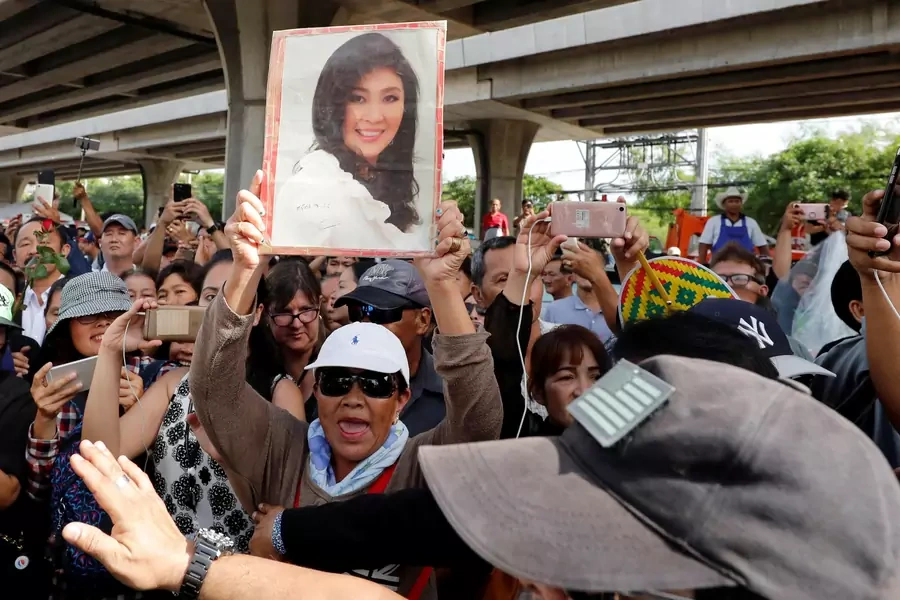With Yingluck Gone, What Now for Thai Politics?

More on:
Throughout this past summer, Thai politicians, journalists, and other opinion leaders waited anxiously for the conclusion of the trial of former Prime Minister Yingluck Shinawatra, who was removed by a military coup in May 2014. Yingluck had been brought up on charges that she mismanaged a rice subsidy scheme that wound up losing some $8 billion; the junta government claimed that her mismanagement also had allowed vast corruption in the subsidy program. The charges were somewhat unusual, since she was not personally accused of corruption in the program. In some ways, she was being charged with making bad decisions in government, which is not normally considered a crime. But, a central objective of the junta government has been to eradicate the influence of the Shinawatra family in Thai politics, and to break the bond between the Shinawatras and their mass of mostly rural supporters. The charges appeared, in part, like one way to crush Yingluck and her allies.
Yingluck ultimately did not show up to hear her verdict on August 25, disappointing crowds of backers at the court, and she is believed to have fled Thailand. Will her flight destroy the Shinawatra family’s power, and further entrench the junta and its favored politicians? For more on the Yingluck case and Thai politics, see my new World Politics Review column.
More on:
 Online Store
Online Store